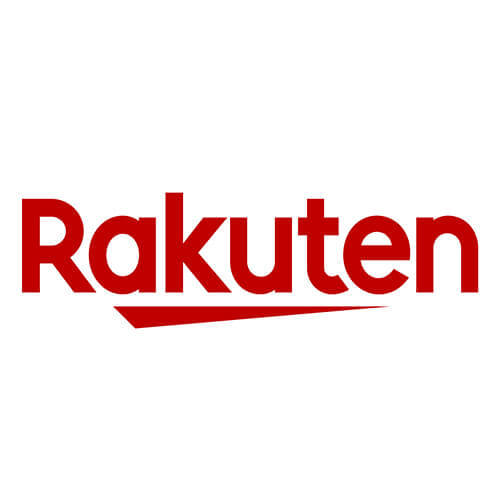The man responsible for the industry's most state-of-the-art telecom network takes aim at the public cloud.

AWS and other cloud players will need "many years" to catch up with Japan's Rakuten in building and running cloud mobile networks, Rakuten CTO Tareq Amin has warned.
Amin said reports that AWS could deliver costs below Rakuten for the Dish network were "completely wrong."
"Let me just tell you a secret today," he told a recent press briefing. "There is no magic that AWS have that could make a telco workload elastic by itself. It just doesn't exist."
It would require "a far more cloud-native architecture" to enable elasticity, he said.
He added that while he would "love to compare" Rakuten's costs with those of the AWS Dish platform, the cloud giant's partnership with the US startup was good for the industry.
"Competition is a good thing, so we want to see a lot more public cloud entering this space."
But cloud players would be on a learning curve, he cautioned.
Rakuten's communications platform had some "unique attributes" and it would take AWS and others "many, many years to learn how to manage and run large-scale networks."
Amin said their strength was in running huge enterprise IT workloads and they lacked the expertise in handling the "uniqueness in the radio domain that has never existed in a typical IT workload."
For example, a radio domain required predictable 1 microsecond latency, which required enhancements of the real-time kernel and the virtualization environment.
"These are not trivial workloads. They are going to discover is that radio is not simple to do."
Want to know more about 5G? Check out our dedicated 5G content channel here on Light Reading.
Additionally, the application architecture for cloud was still in the early stages of true transformation, he said.
He didn't expect an enterprise application could "support utter elasticity" from day zero.
"You're going to have to go through this experience to learn that in telco these things don't exist."
Amin said he believed most Tier 1 operators were evaluating O-RAN to understand what it would take to make the transition from the new architecture.
He said the issue was not about open RAN, but the skillset required to engineer and run the new networks.
His team at Rakuten was "just writing code" every day to solve network problems – a kind of skillset that didn't exist in a traditional telco.
Slicing and dicing
Amin made his remarks while unveiling Rakuten's deployment of Cisco segment routing over IPv6, known as SRv6, which flattens out the transport network and will support future 5G network slicing.
It would also help open up "amazing revenue opportunities" in enterprise 5G, including in partnership with Cisco, Amin said.
He said he hoped Rakuten could package enterprise 5G in the same way that Cisco sells managed Wi-Fi.
The challenge for 5G is that "the deployment part is far more complex than WiFi."
"WiFi is super simple, and enterprises are used to WiFi. We need to evolve the software architecture to have the same level of manageability and ease."
— Robert Clark, contributing editor, special to Light Reading
Read more about:
AsiaAbout the Author(s)
You May Also Like











